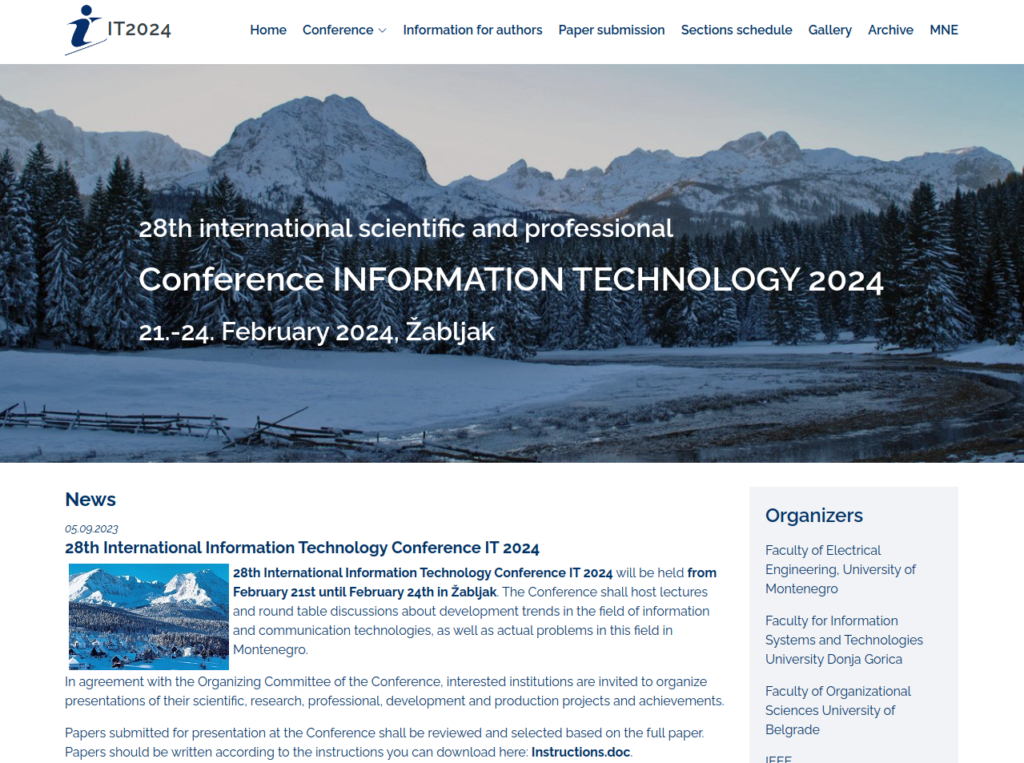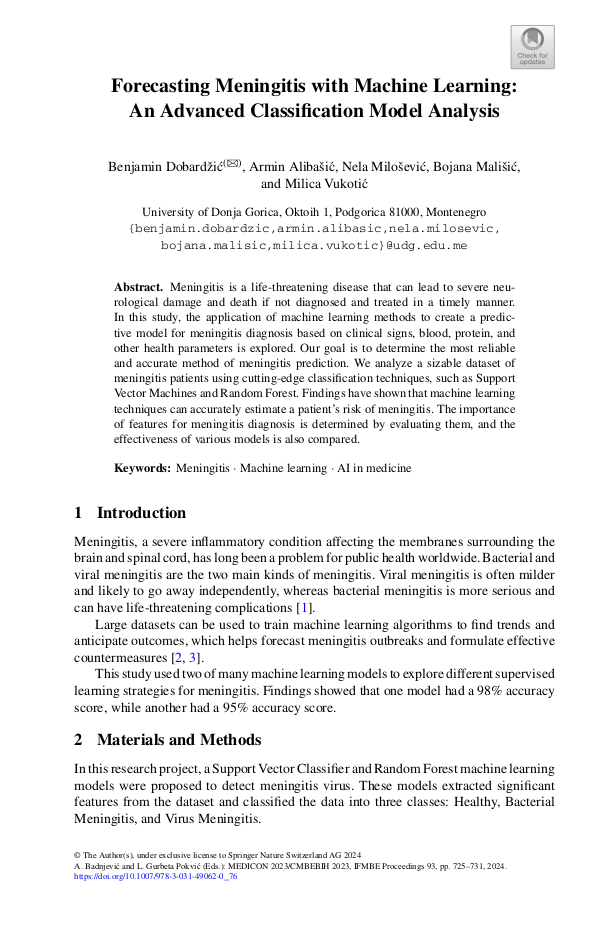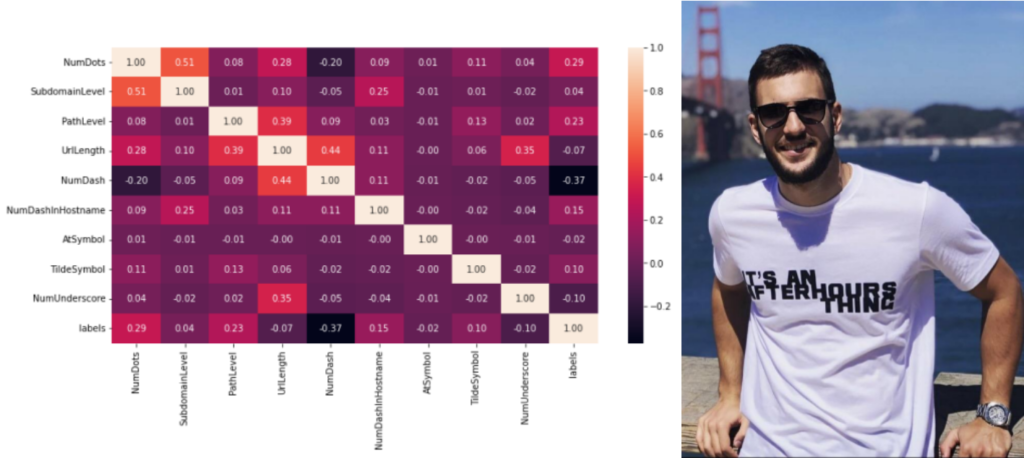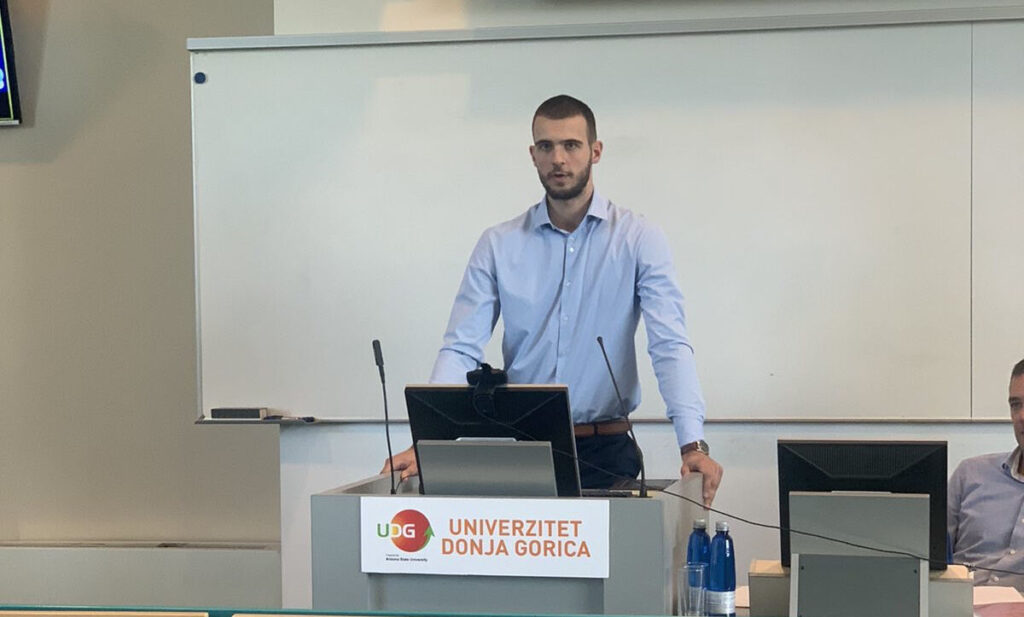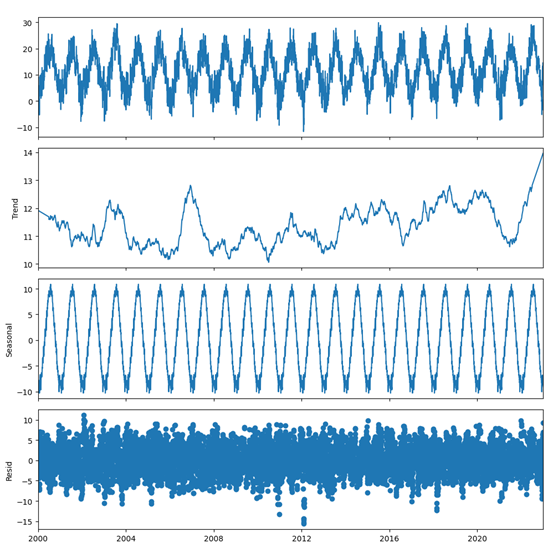In the period from 21st – 24th of February the international scientific and professional conference “INFORMATION TECHNOLOGIES 2024” will traditionally be hosted in Žabljak. These 28th years in a row scientific and professional conference is organized with the aim of a comprehensive and multidisciplinary view of current and development trends in the field of information and communication technologies.
The conference will be held in the organization of the University of Montenegro – Faculty of Electrical Engineering, University of Donja Gorica – Faculty of Information Systems and Technologies, IT Society Montenegro, University of Belgrade – Faculty of Organizational Sciences, Institute of Electrical and Electronics Engineers – IEEE Association and IEEE Section for Serbia and Montenegro, with full support of the company Čikom from Podgorica.
The Conference shall host lectures and round table discussions about development trends in the field of information and communication technologies, as well as actual problems in this field in Montenegro. In agreement with the Organizing Committee of the Conference, interested institutions are invited to organize presentations of their scientific, research, professional, development, and production projects and achievements. Besides mentioned above, papers submitted and reviewed will be presented at the Conference.
We invite all those interested to follow the activities at the Conference online as well, through the video conference access links available on the official website
Learn more at the conference website: https://www.it.ac.me/en/
